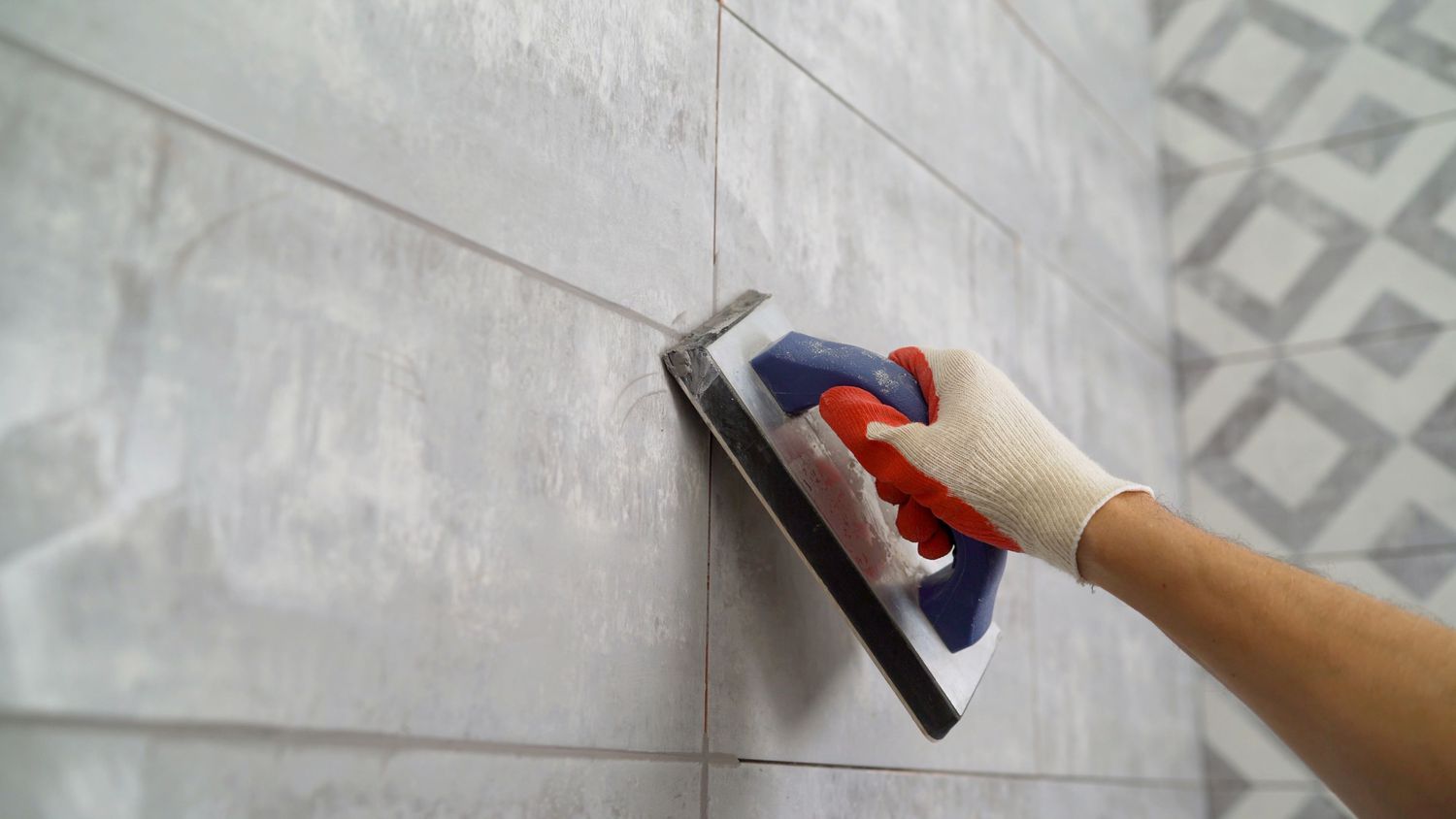Step into the realm of epoxy grout strength, a topic that often puzzles those pondering over the perfect grout choice for their projects. Wondering how sturdy this substance truly is? Well, buckle up as we unfold the layers of epoxy grout’s robustness, durability, and resilience.
Whether it can withstand the test of time and the wear and tear of daily use might just surprise you.
Strength of Epoxy Grout
- When testing the strength of epoxy grout, it’s essential to consider various factors such as curing time, temperature, and application method. One crucial aspect to evaluate is the flexural strength comparison between different epoxy grouts. Flexural strength measures the maximum amount of bending stress a material can withstand without breaking. This property is vital in applications where the grout may be subjected to bending forces, such as in tiled floors or walls.
- Another critical test is the compression resistance testing of epoxy grout. Compression resistance determines how well the grout can withstand crushing forces without deforming or failing. This test is particularly important in areas where heavy loads or pressure may be exerted on the grout, like in industrial settings or under heavy machinery.
Durability Comparison With Standard Grout
- For a comprehensive assessment of durability, comparing the performance of epoxy grout with standard grout under various conditions is crucial. Epoxy grout offers superior durability compared to standard grout due to its flexibility versus the rigidity of traditional grout. The flexibility of epoxy grout allows it to withstand movements and vibrations without cracking, making it ideal for areas prone to structural shifts.
- In terms of water resistance capabilities, epoxy grout outperforms standard grout significantly. Epoxy grout is non-porous, preventing water penetration and inhibiting mold and mildew growth. This characteristic makes epoxy grout ideal for wet environments such as bathrooms, kitchens, and swimming pools.
- On the other hand, standard grout is porous and susceptible to water damage over time, leading to discoloration, mold growth, and deterioration. When considering durability, the flexibility and water resistance capabilities of epoxy grout make it a superior choice compared to standard grout, ensuring long-lasting performance and minimal maintenance requirements.

Impact of Chemicals and Stains
- The chemical and stain resistance of epoxy grout surpasses that of standard grout due to its non-porous composition, offering long-term protection against potential damage and discoloration. Epoxy grout is highly resistant to a wide range of chemicals, including acidic and alkaline substances, making it ideal for areas prone to spills or splashes of cleaning agents or food items. This resistance ensures that the grout remains unaffected by common household chemicals, maintaining its integrity over time.
- Moreover, the non-porous nature of epoxy grout prevents stains from penetrating its surface, unlike standard grout which can absorb liquids, leading to unsightly discoloration. Stain protection is a key feature of epoxy grout, as it repels liquids and prevents them from seeping into the grout lines.
- This characteristic not only maintains the aesthetic appeal of the grout but also makes cleaning and maintenance easier, as stains can be wiped away without leaving a lasting mark. Overall, the chemical resistance and stain protection of epoxy grout make it a durable and low-maintenance choice for a variety of applications.
Load-Bearing Capacity Analysis
- Assessing the load-bearing capacity of epoxy grout involves conducting rigorous structural analyses to determine its suitability for various applications. One of the primary methods used to evaluate the load-bearing capacity of epoxy grout is compression testing. This testing involves subjecting the epoxy grout samples to increasing amounts of compressive force until they reach their breaking point. By measuring the maximum load that the epoxy grout can withstand before failure, engineers can determine its load-bearing capacity.
- Compression testing provides crucial data on how well epoxy grout can support vertical loads without collapsing or deforming. The results obtained from these tests help in understanding the structural limitations of epoxy grout and aid in designing safe and durable structures.
- Additionally, the load-bearing capacity analysis is essential for ensuring that epoxy grout meets the required safety standards for specific applications, such as heavy machinery foundations or high-traffic flooring. By conducting thorough compression testing, engineers can confidently determine the load-bearing capabilities of epoxy grout in various construction scenarios.
Long-Term Resilience and Maintenance
- Conducting regular inspections and implementing proactive maintenance measures can significantly enhance the long-term resilience of structures grouted with epoxy. Epoxy grout offers exceptional resistance to cracking due to its high tensile and compressive strength properties. This durability makes epoxy grout an ideal choice for areas exposed to heavy loads or dynamic stresses. Additionally, epoxy grout provides excellent moisture protection, creating a barrier that helps prevent water infiltration and protects against mold and mildew growth.
- To maintain the resilience of epoxy grout over time, it’s essential to monitor the grouted areas for any signs of cracking or deterioration. Prompt repairs should be carried out using compatible epoxy repair materials to ensure the structural integrity of the grout. Regular cleaning with non-abrasive, pH-neutral cleaners can help preserve the appearance and performance of the epoxy grout. By prioritizing regular inspections and proactive maintenance practices, you can maximize the longevity and effectiveness of epoxy grout in your structures.
Conclusion
In conclusion, epoxy grout demonstrates exceptional strength, durability, and resistance to chemicals and stains compared to standard grout. Its superior load-bearing capacity and long-term resilience make it a reliable choice for various applications. When considering maintenance needs, epoxy grout proves to be a high-performing and long-lasting solution for ensuring the structural integrity and longevity of tiled surfaces.